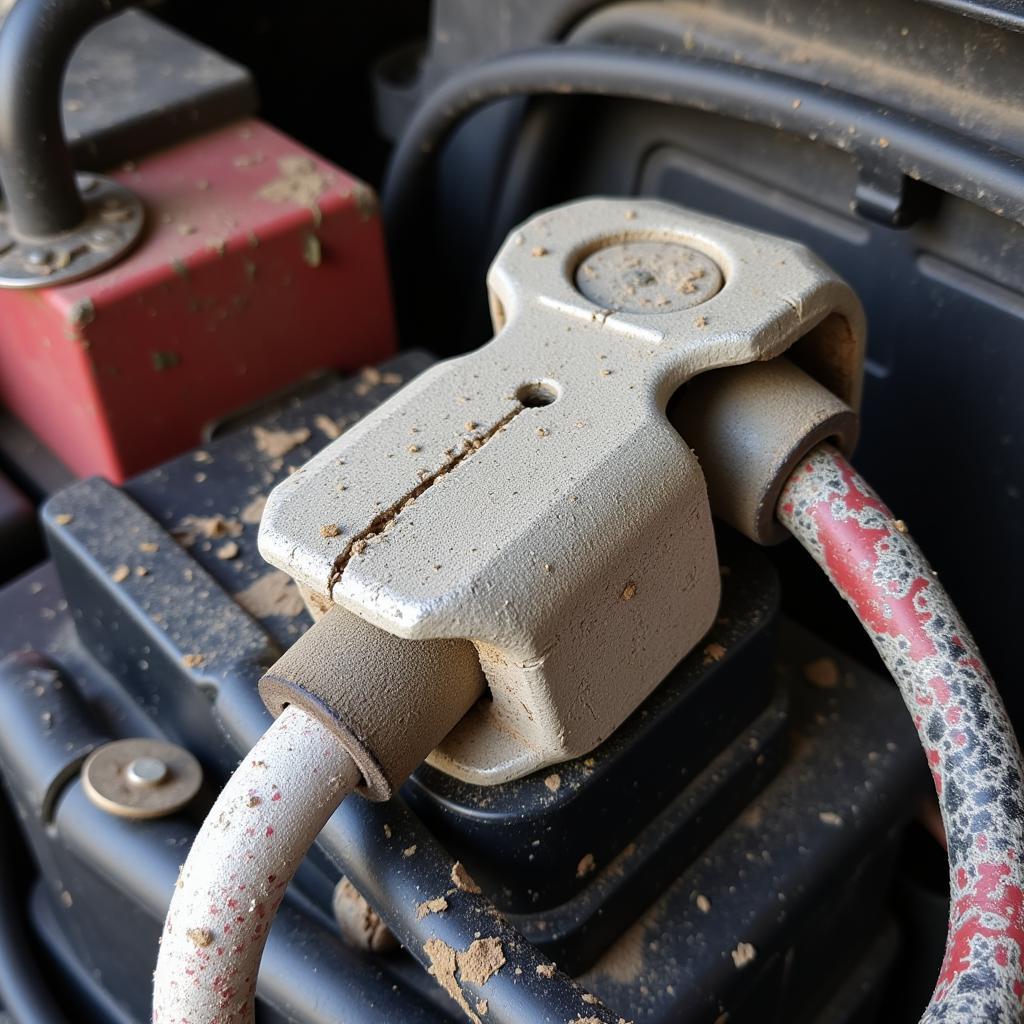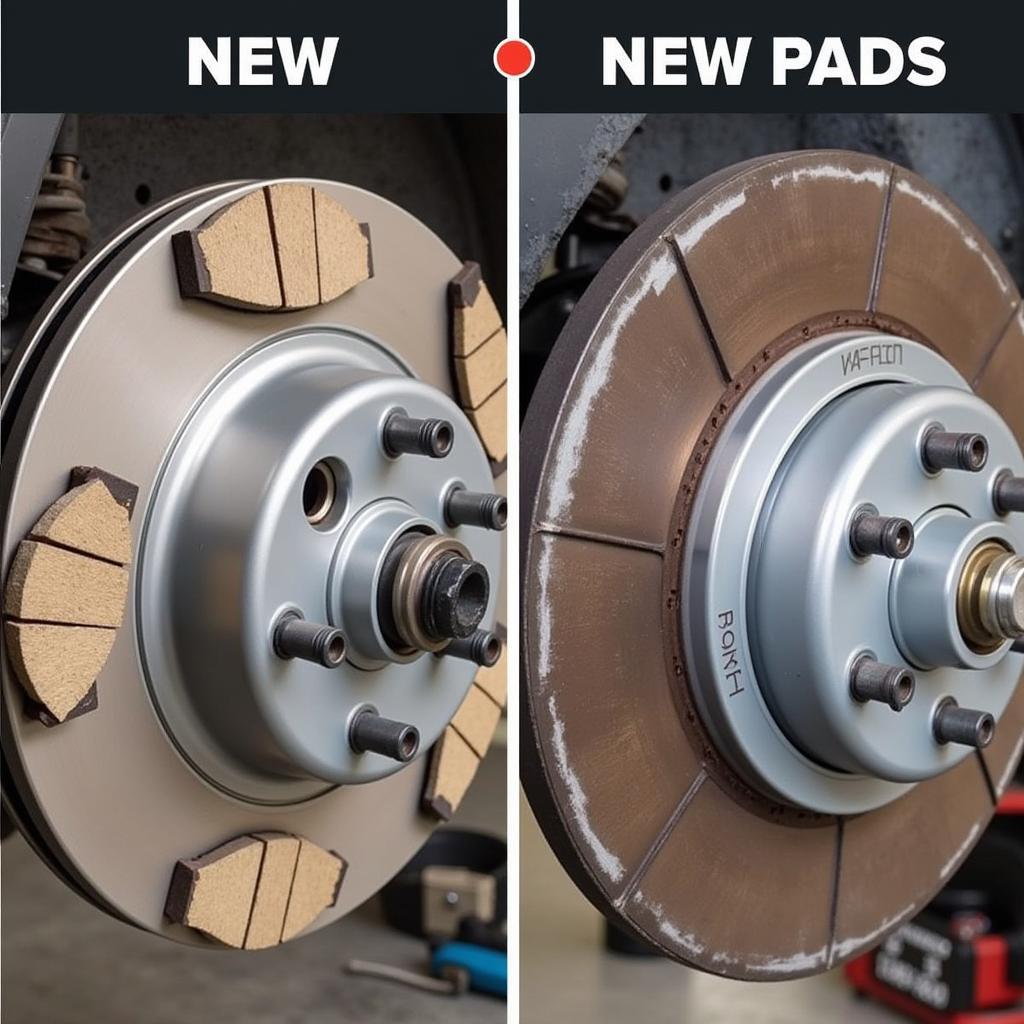Car troubles. We’ve all been there. Whether it’s a mysterious check engine light, a persistent squeak, or a sudden breakdown, the Biggest Problems With Cars can leave us stranded, frustrated, and out of pocket. This guide aims to equip car owners, mechanics, and technicians with the knowledge to diagnose and tackle these common automotive headaches.
Understanding the Biggest Problems With Cars
Modern vehicles are complex machines with intricate systems. Understanding the most frequent issues can help you stay ahead of the curve and avoid costly repairs. These problems range from minor inconveniences like worn-out wipers to major malfunctions like transmission failure. Recognizing the early signs of trouble and performing routine maintenance are key to keeping your car running smoothly.
Common Engine Problems and Solutions
Engine problems often manifest as poor performance, strange noises, or warning lights. Regular oil changes and filter replacements are crucial for preventing premature wear and tear. Some of the biggest problems with cars stem from neglecting this basic maintenance.
- Low Oil Pressure: This can lead to catastrophic engine damage. Check your oil level regularly and address any leaks promptly.
- Overheating: A faulty thermostat, radiator issues, or a failing water pump can cause overheating. Regular coolant flushes are essential.
- Check Engine Light: This ominous light can indicate anything from a loose gas cap to a serious engine malfunction. Get it diagnosed promptly.
Electrical System Issues: From Flickering Lights to Complete Failure
Electrical problems can be incredibly frustrating to diagnose. They can range from minor annoyances like a faulty window motor to major issues like a failing alternator.
- Battery Problems: A dead battery can leave you stranded. Ensure your battery terminals are clean and tight, and have your battery tested regularly.
- Alternator Failure: The alternator charges the battery. A failing alternator will eventually drain the battery and leave you unable to start the car.
- Faulty Wiring: Damaged or corroded wiring can cause a variety of electrical gremlins.
 Car Battery Corrosion on Terminals
Car Battery Corrosion on Terminals
Transmission Troubles: A Costly Headache
Transmission problems are among the most expensive car repairs. Regular transmission fluid changes and filter replacements are essential for preventing these issues.
- Slipping Transmission: If your car struggles to shift gears or feels like it’s slipping, your transmission may be failing.
- Rough Shifting: This can be caused by low transmission fluid or a more serious internal problem.
- Transmission Fluid Leaks: Check for leaks regularly and address them promptly.
Brake System: Ensuring Your Safety on the Road
Brake problems can be dangerous. Regular brake inspections and pad replacements are essential for maintaining your safety.
- Worn Brake Pads: Worn brake pads can reduce braking performance and damage your rotors.
- Brake Fluid Leaks: Leaks in the brake system can compromise your ability to stop.
- ABS Problems: Issues with the Anti-lock Braking System (ABS) can reduce your control in emergency situations.
 Worn Brake Pads and Rotor
Worn Brake Pads and Rotor
“Regular maintenance is the key to preventing many of the biggest problems with cars. It’s much cheaper to change your oil than to replace your engine.” – John Davis, ASE Certified Master Technician.
Conclusion: Staying Ahead of Car Troubles
Understanding the biggest problems with cars can empower you to take preventative measures and avoid costly repairs. Regular maintenance, prompt attention to warning signs, and a little bit of knowledge can go a long way in keeping your car on the road. For expert advice and assistance, connect with us at AutoTipPro. Call us at +1 (641) 206-8880 or visit our office at 500 N St Mary’s St, San Antonio, TX 78205, United States.
“Don’t wait until your car breaks down to start thinking about maintenance. A little preventative care can save you a lot of headaches and money in the long run.” – Maria Sanchez, Automotive Engineer.
FAQ
- What are the most common reasons for a check engine light? A check engine light can be triggered by a variety of issues, from a loose gas cap to a serious engine malfunction.
- How often should I change my oil? Consult your owner’s manual for the recommended oil change interval, but generally, it’s a good idea to change your oil every 3,000-5,000 miles.
- What are the signs of a failing alternator? Dimming headlights, flickering interior lights, and a dead battery are common signs of a failing alternator.
- How can I tell if my brake pads are worn? Squealing brakes, a grinding noise when braking, and reduced braking performance can indicate worn brake pads.
- What should I do if my car overheats? Pull over to a safe location, turn off the engine, and let it cool down. Do not attempt to open the radiator cap while the engine is hot.
- Why is my car making a clicking noise when I turn the key? A clicking noise when turning the key often indicates a dead or weak battery.
- What are the signs of a transmission problem? Slipping gears, rough shifting, and transmission fluid leaks are common signs of transmission problems.




Leave a Reply